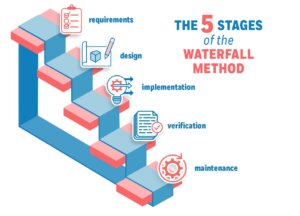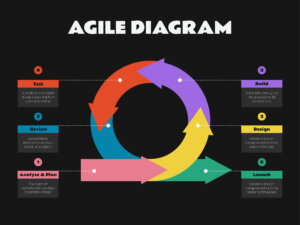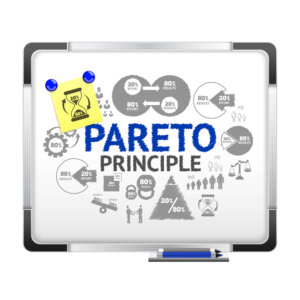A guest post from Patrick d’Astous , chief scientist at Smartbox Software.
A project manager puts, by trade, or by choice, his credibility on the line every day. Another way to say this is “a project manager is as good as his/her last project’s perceived success”. Compared to traditional management and its long term objectives, success as a project manager is easily measured.
I like to compare this situation to my years spent in the army where the achievement of a junior officer was related to his leadership and decision making skills. Although a project manager’s authority is given through the project charter, he will not succeed with formal authority alone. Expert authority or the respect achieved through decision making abilities is paramount to a project manager’s success.
How do you achieve a good level of expert authority?
By making better decisions of course!! A good officer (oops, I meant project manager) elaborates a sound plan based on recognized project management best practices knowing the project plan itself will need to be adapted as soon as the real action starts. Why? You will say risks of course. Yes, your project plan must take into account risks and bravo if you have a contingency plan for every perceived risk. I say this is not enough; a good project manager must be able to recognize a situation (foreseen or totally out of nowhere) and react accordingly to achieve a successful outcome. If he can do so repeatedly, he will then achieve expert authority.
Project process, best practices and audits
The army has best practices or Standard Operating Procedures that date a few thousand years (Sun Tzu anyone?) which are still applied today when planning. The first thing you learn during officer basic training is the process of planning. Audits are ingrained in the authoritative hierarchy of the army to ensure all the details have been looked at. Although project management is a younger field, individual experts and organizations alike have worked hard to propose processes, best practices and audit mechanisms. The goal here is to ensure the details have been taken care of so you can:
- Plan better and reduce the risks associated with a faulty plan.
- Recognize a potentially difficult situation and react accordingly.
So you, the junior or casual project manager, I have one piece of advice for you : ensure you are applying PM best practices when planning. You will then be in a position to make better decisions and achieve success.
—————————
For more resources, see the Library topic Project Management.
————————————————————————————————————————
Patrick d’Astous is chief scientist at Smartbox Software in Montreal. Smartbox commercializes Project Scheduling Smart Assistant, a Microsoft Project add-on that provides contextual advice to the project manager based on his actual project plan’s strength based on common PM best practices and standards.
 Sections of this topic
Sections of this topic













